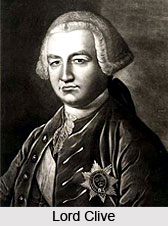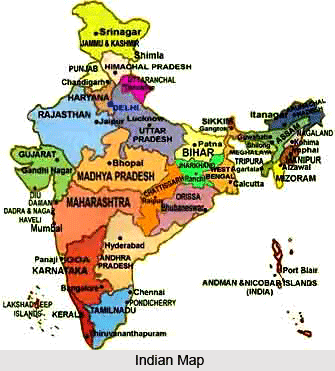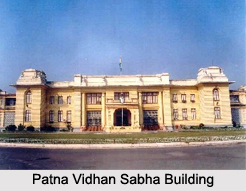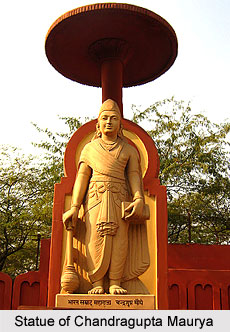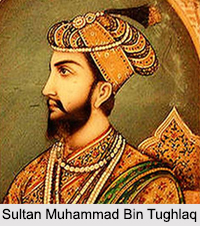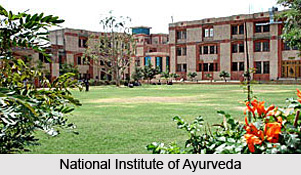 The National Institute of Ayurveda was established as an apex institute by the Government of India for promoting the growth and development of Ayurveda as a model Institute and for evolving high standards of teaching, training, research and patient care. It also seeks to invoke a scientific outlook to the knowledge of the Ayurveda System of Medicine. The National Institute of Ayurveda is located in Jaipur, the capital of the State of Rajasthan in India. It is an autonomous institute of the Union Government of India.
The National Institute of Ayurveda was established as an apex institute by the Government of India for promoting the growth and development of Ayurveda as a model Institute and for evolving high standards of teaching, training, research and patient care. It also seeks to invoke a scientific outlook to the knowledge of the Ayurveda System of Medicine. The National Institute of Ayurveda is located in Jaipur, the capital of the State of Rajasthan in India. It is an autonomous institute of the Union Government of India.
Objectives of National Institute of Ayurveda
The National Institute of Ayurveda was set up with the following main objectives:
* To promote the growth and development of Ayurveda;
* To produce graduates and post-graduates in all branches of Ayurveda;
* To conduct, research on various aspects of Ayurveda;
* To provide medical care through Ayurvedic System of Medicine to the suffering humanity;
* To provide and assist in providing services and facilities of the highest order for research, evaluation, training, consultation and guidance to Ayurvedic System of Medicine;
* To conduct experiments and develop patterns of teaching in under-graduate and post-graduate education in all branches of Ayurveda.
Administration of National Institute of Ayurveda
The Institute is under the administrative control of the Department of Ayurveda, Yoga & Naturopathy, Unani, Siddha and Homoeopathy (AYUSH), Ministry of Health & Family Welfare, Government of India and is fully financed by it. The managing body is the Governing Body consisting of 16 Members and presided over by the Honourable Minister of Health and Family Welfare of the Government of India. The other Members are: Secretary, Joint Secretary and Advisor (Ayurveda) of the Department of AYUSH, Government of India, the Additional Secretary (FA) of Ministry of Health and Family Welfare, Secretary (Finance) Secretary Ayurveda) and Director of Ayurveda of Government of Rajasthan and 4 Ayurvedic Experts nominated by the Government of India and 2 by the Government of Rajasthan and the Director of the Institute is the Member Secretary of the Governing Body. There is also a Standing Finance Committee presided over by the joint secretary, Department of AYUSH, Government of India for considering and clearing various financial matters.
